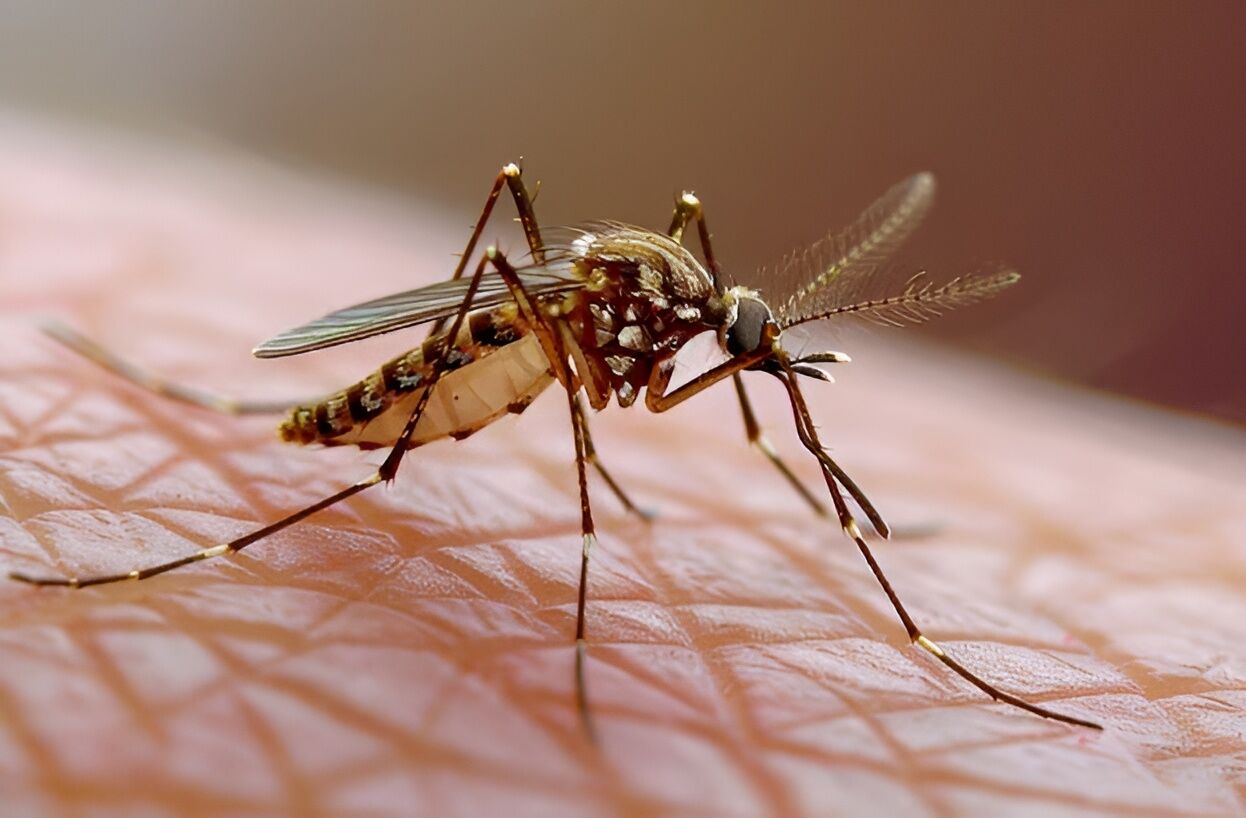Dengue infections in Thailand reach record 44,387 cases in first six months of 2024

The latest epidemiological surveillance report from Thailand’s Department of Disease Control (DCD) has revealed an alarming surge in dengue fever cases in 2024. As of July 10, the number of reported cases has reached a staggering 44,387, representing a 1.06-fold increase from the same period in 2023. This marks a significant public health concern, as the first six months of 2024 have already surpassed the total number of infections recorded in 2020, which saw 32,585 cases for the entire year.
A historical spike in cases
Historical data indicates that the current number of dengue infections is unprecedented, the trend shows a sharp rise in the number of patients and continued fatalities, particularly in early July. This increase in cases emphasises the urgent need for enhanced preventive measures and public health interventions.
Dengue fever’s effects on various age and gender groups
Dengue fever affects various age groups differently in Thailand. The highest incidence rate is among children aged 5-14, with 12,953 cases reported. The age group of 15-24 follows with 9,601 cases. Fatalities are spread across all age groups, with the highest mortality rate found in the older population aged 65 and above. Interestingly, the gender distribution of the infection is almost equal, with men comprising 50.4% of the cases and women 49.6%.
Geographic distribution
Regionally, the central area excluding Bangkok has the highest number of cases, with 12,148 infections and an incidence rate of 53.95 per 100,000 people. This region also reported 16 deaths. The southern region has the highest incidence rate at 108.17 per 100,000, while Bangkok itself has an incidence rate of 53.11 per 100,000. Despite lower case numbers, Bangkok remains a critical area, requiring continuous monitoring and stringent control measures.
Fatality rates
The overall fatality rate from dengue fever remains relatively low at 0.09%, with 40 deaths reported so far in 2024. However, the fatality rate varies across different regions and age groups, highlighting the need for targeted health interventions and improved healthcare services to manage the spread and impact of the disease.

Public health response
In response to the escalating situation, Thailand’s Department of Disease Control (DCD) has been proactive in monitoring the spread of dengue fever and providing timely updates to the public. Public health campaigns are in full swing, aiming to educate the population on preventive measures, especially in high-risk areas. The department has emphasised the importance of protecting oneself against mosquito bites, as dengue fever is a mosquito-borne viral infection common in tropical and subtropical climates. It is caused by the dengue virus, transmitted by Aedes mosquitoes.
Symptoms and Preventive Measures
Common symptoms of dengue fever include high fever, severe headache, muscle and joint pain, nausea, vomiting, skin rash, and swollen glands. Experts advise that hospitals treating dengue fever patients should distribute anti-mosquito cream or spray to other patients to prevent the further spread of the virus.
Expert recommendations for dengue fever
Health experts recommend that individuals use mosquito repellent, wear long-sleeved clothing, and ensure that living areas are free from standing water where mosquitoes can breed. These steps are crucial in preventing mosquito bites and reducing the risk of dengue fever.
Additionally, individuals developing high fevers should seek medical attention immediately.
The DCD continues to urge the public to remain vigilant and take all necessary precautions to protect themselves from mosquito bites. The department is committed to controlling the spread of dengue fever and minimising its impact on the population. Public cooperation and adherence to preventive measures are vital in combating this public health threat.
The dramatic rise in dengue fever cases in Thailand in 2024 underscores the need for continuous public health vigilance and effective disease control measures from organisations and the public. With proactive steps and community cooperation, it whould be possible to manage and reduce the incidence of dengue fever.
Latest Thailand News
Follow The Thaiger on Google News:


























